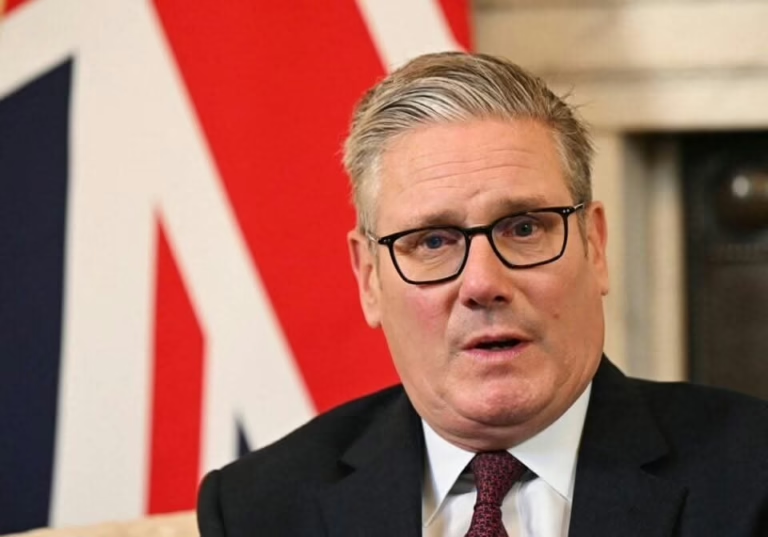UK Prime Minister Keir Starmer has vowed to review how British courts interpret international human rights laws as part of his government’s effort to curb immigration and deport more migrants.
In an interview aired on Wednesday, Starmer said his administration was examining how existing legal protections, particularly those covering refugees, torture, and children’s rights, are being applied.
“We need to look again at the interpretation of some of these provisions, and we’ve already begun to do that work in some of our domestic legislation,” he told BBC Radio.
“It’s the refugee conventions, it’s the torture conventions, it’s the convention on the rights of children. I’m not going to tear all that down. I believe in those instruments… but all international instruments, and this is long-established, have to be applied in the circumstances as they are now.”
The Labour leader and former human rights lawyer, stressed that people “genuinely fleeing persecution should be afforded asylum” but warned that Britain was “seeing mass migration in a way that we haven’t seen in previous years.”
Starmer’s comments came amid mounting pressure over record numbers of arrivals, both via irregular Channel crossings and through regular legal routes.
The issue has fuelled anti-immigrant sentiment and the rise of Nigel Farage’s Reform UK party, which has pledged to scrap the European Convention on Human Rights (ECHR)altogether.
While stopping short of such a move, Starmer signaled a tougher approach to its application in Britain. He cited Article 3 of the ECHR, which bans torture and inhuman or degrading treatment, as an area of concern. Courts have often used it to block deportations.
“I do think we should look at that again,” he said.
“There’s a difference between someone being deported to summary execution and someone who is simply going somewhere where they don’t have the same level of healthcare, or… prison conditions.”
Starmer also referenced Article 8, which guarantees respect for private and family life.
UK courts have sometimes interpreted it to allow individuals to remain in the country with relatives, even when deportation orders were in place.
A May policy paper already pledged new legislation to “clarify” how such provisions should be applied.
Last month, the Home Office said upcoming reforms to “family immigration” rules would ensure they reflect decisions of parliament, rather than ad hoc court rulings.
However, rights groups warned against weakening safeguards. Akiko Hart, director of the advocacy group Liberty, cautioned that the prime minister’s stance risked “setting us on a path to undermining the rights of every person in Britain.”

















